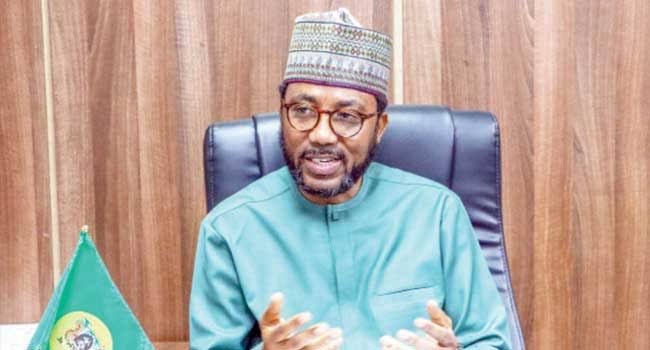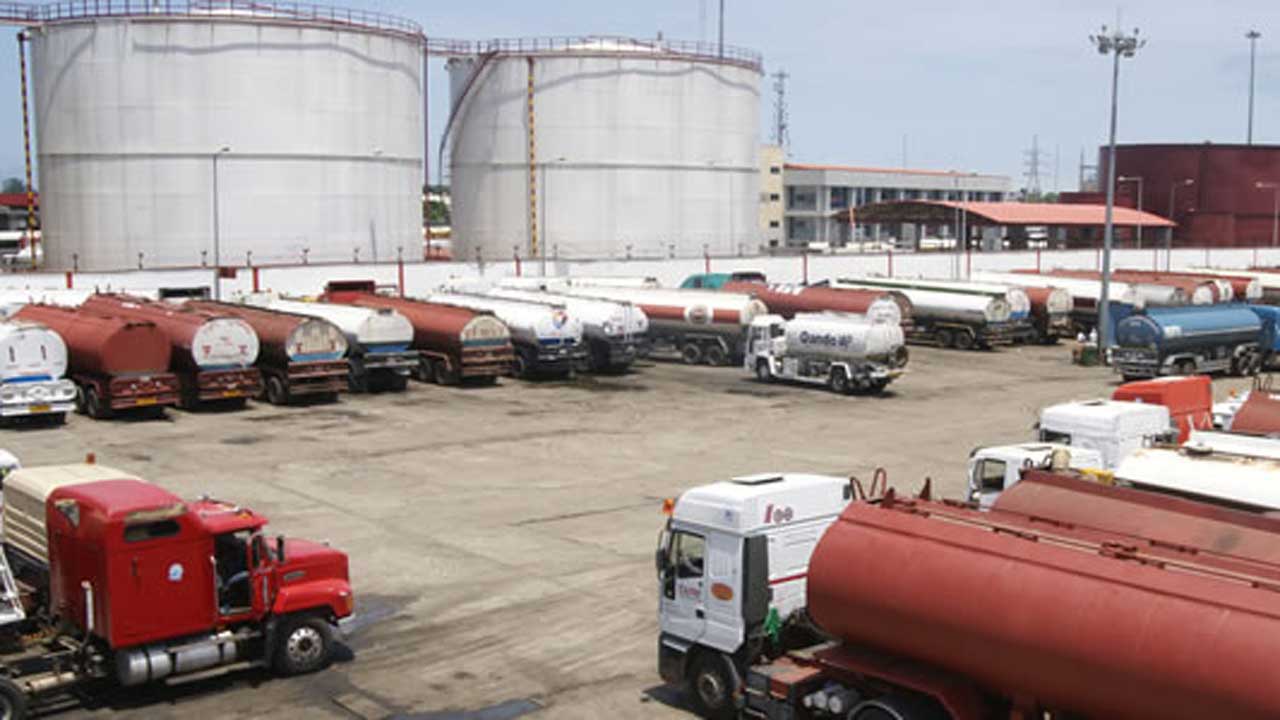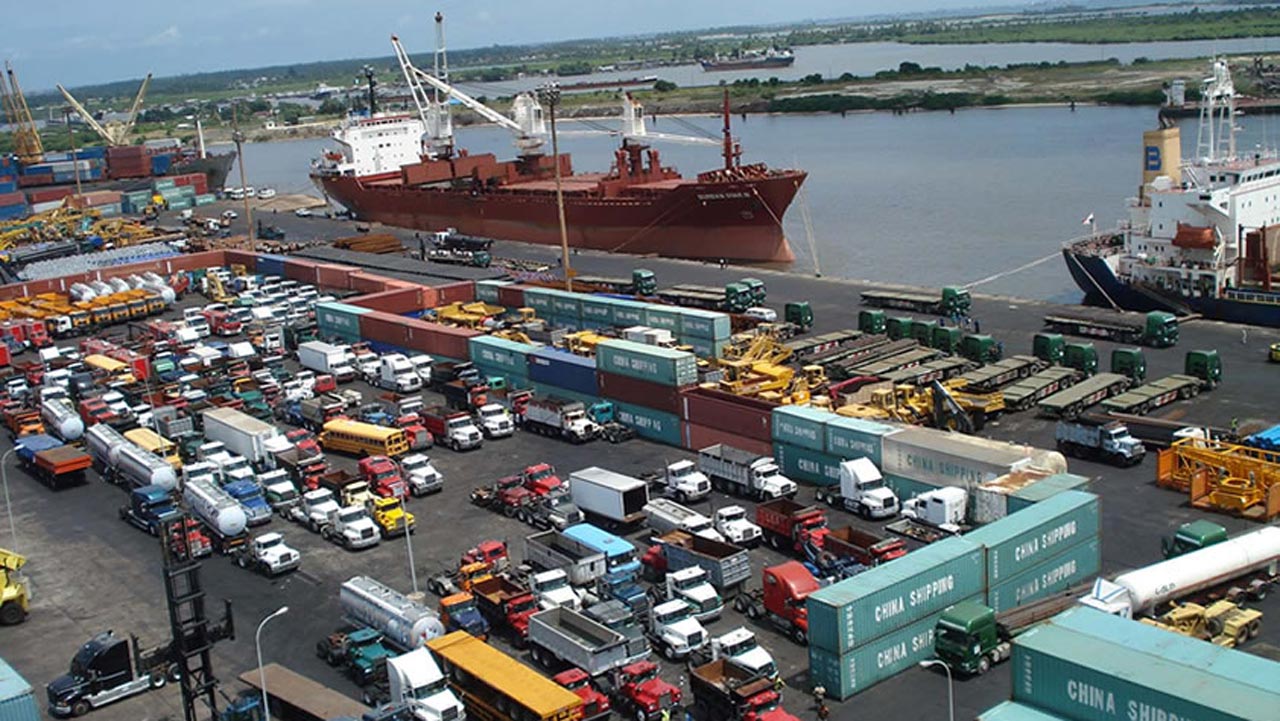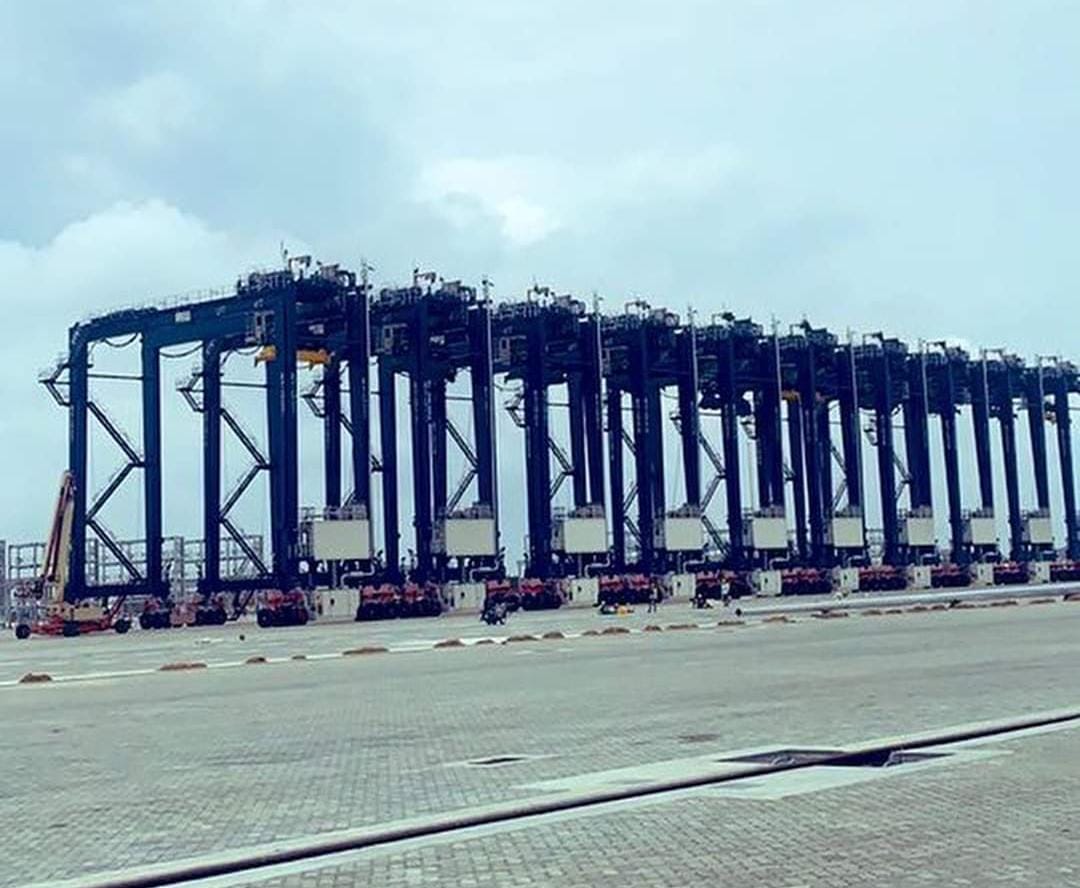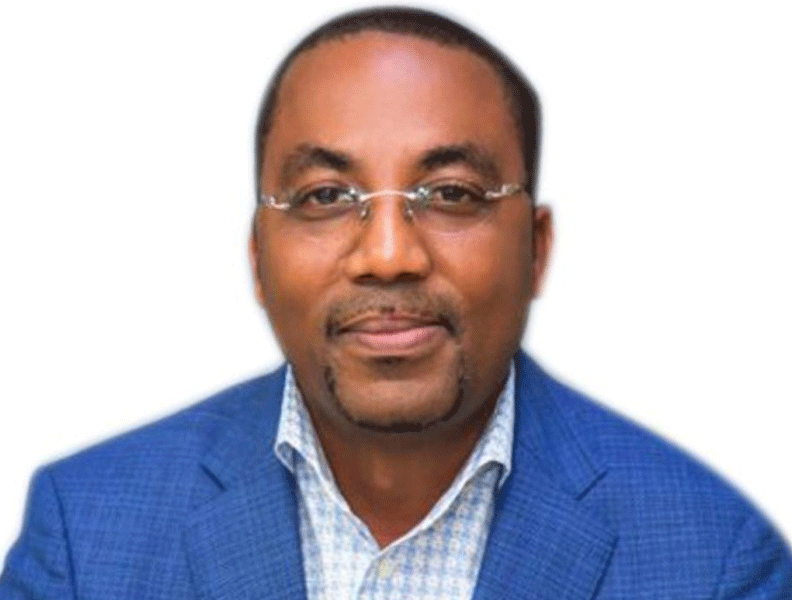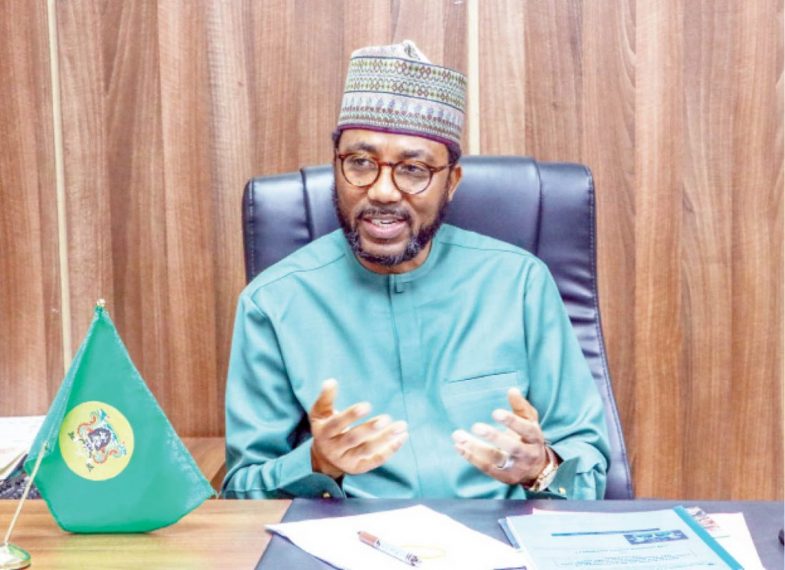The nation
NPA begins new licensing regime for barge operators Sept.1 – Ag MD
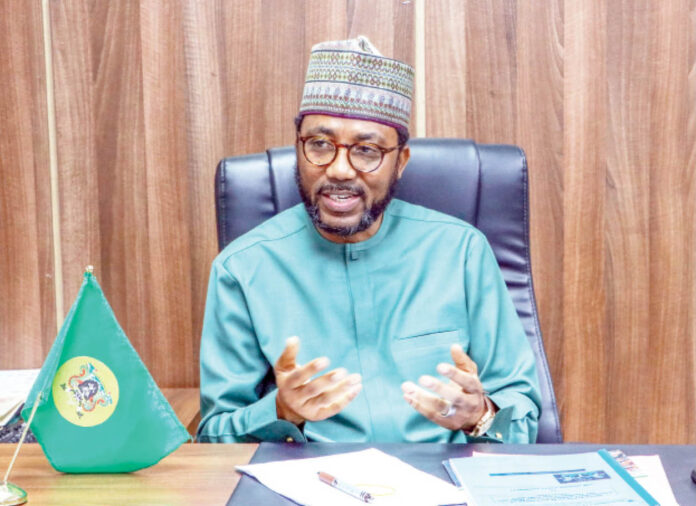
The management of the Nigerian Ports Authority (NPA) has established a regulatory framework for the operation of barges across the nation’s seaports under a new Standard Operating Procedure (SOP).
The Acting Managing Director of NPA, Mr Mohammed Bello-Koko in a statement in Lagos on Friday added that the guidelines must be complied by all operators effective Sept. 1.
The statement was signed by Mr Olaseni Alakija, General Manager, Corporate and Strategic communications of NPA.
Bello-Koko made these known while speaking during an interactive session with members of Barge Operators of Nigeria (BOAN) who paid him a working visit at the authority’s corporate headquarters.
He added that further to this development, the authority will review the modalities for the registration of barge operating license with emphasis on operators meeting the Minimum Safety Standards ((MSS) of their barges.
He pointed out that failure to meet this requirement would bar an operator from using the channel.
”Under the new set of regulations, an electronic call up system is being developed for the deployment of barge operations in which barges would remain at their anchor until they are called to pick or discharge cargo.
”This is aimed at streamlining their movements to reduce congestion and possible threat to ocean going vessels,” he said.
The NPA, he said, will capture a comprehensive profile of all barge operators, highlight the carriers’ corporate name, to make for easy identification, especially in line with efforts to check the deployment of dilapidated barges.
“This is a new era in barge operations and all operators are required to key into this regulatory provisions.
“There will be a harmonised interactive session (berthing meetings) between the barge operators and the relevant designated Port Managers for specific areas where information sharing will be prioritised accordingly.
“These meetings are envisaged to create a forum where illegal barge and jetty operators will be identified,” he said.
To create a relief for the barge operators, Bello-Koko advised all terminal operators not to demand the collection of a 20 million naira bank bond, with a promise to liaise with relevant government agencies for a downward review of prevailing charges on carriage of containers.
On communication, he also hinted that henceforth, the installation of acceptable UHF Radio communication devices as well as navigational lights on board crafts would be among the critical mandatory requirements for operators by Sept. 1 to ensure safe and secured operational services.
He solicited the collaboration of stakeholders in ensuring that best practices are strictly adhered to in this respect.
On capacity, he said management was strategising for effective partnership with barge operators in the area of training to enable them acquire more knowledge on the profession expected to impact positively on general port operations.
“To further ensure safety in navigation of barges, Tug masters are required to possess Pilot Exemption Certificate (PEC) even as night operations are abolished while double loading of barges are prohibited to prevent damage to the quayside.
“Additionally, barge operators who have been operating for close to three years without paying any tariff will now be required to make payments to the NPA, thereby generating more revenue for government,” he said.(NAN)(www.nannews.ng)
CAN/SH
Headlines
NNPCL reveals decision not to sell Port Harcourt refinery
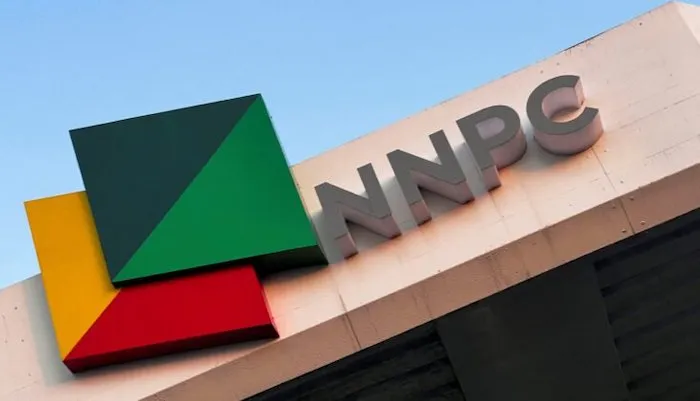
The Nigerian National Petroleum Company Limited, NNPCL has officially decided not to sell the Port Harcourt Refining Company.
NNPCL has, instead said it is committed to conducting an extensive rehabilitation of the facility and ensuring its continued operation.
During a company-wide town hall meeting held at the NNPC Towers in Abuja, Bayo Ojulari, the Group Chief Executive Officer of NNPC Ltd, announced the decision regarding the future of the nation’s most significant state-owned refining asset, putting an end to weeks of speculation.
A statement by NNPCL reads, “The Nigerian National Petroleum Company Limited has officially ruled out the sale of the Port Harcourt Refining Company, reaffirming its commitment to completing high-grade rehabilitation and retention of the plant.
“The ongoing review indicates that the earlier decision to operate the Port Harcourt refinery, before full completion of its rehabilitation, was ill-informed and subcommercial.
”Although progress is being made on all three, the emerging outlook calls for more advanced technical partnerships to complete and high-grade the rehabilitation of the Port Harcourt refinery.
”Thus, selling is highly unlikely as it would lead to further value erosion.”
Headlines
Tinubu appoints Olumode Adeyemi as Federal Fire Service boss
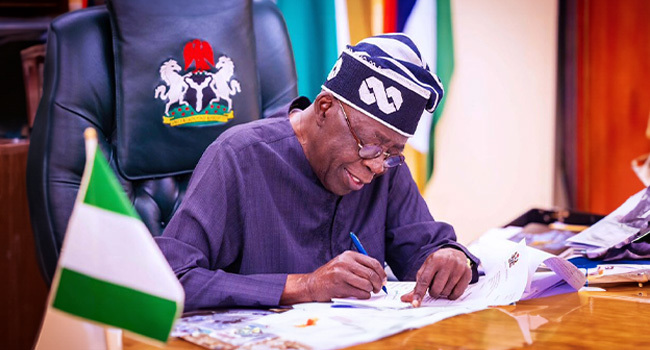
President Bola Tinubu has approved the appointment of Adeyemi Olumode, as the new Federal Fire Service, FFS, Controller-General.
The appointment was announced on Wednesday on behalf of the Federal Government by retired Maj.-Gen Abdulmalik Jubril, Secretary of the Civil, Defence, Correctional, Fire and Immigration Services Board, CDCFIB.
Jubril said the appointment followed the retirement of the current Controller-General, Abdulganiyu Jaji, on August 13.
Jaji is retiring upon attaining the age of 60 by August 13.
Jibril further disclosed said that Adeyemi Olumode is qualified for the position, having attended and passed all mandatory in-service training, Command courses as well as other courses within and outside the country.
“He brings a wealth of experience to his new role, having transferred his service from the FCT Fire Service to the Federal Fire Service and grown to the rank of DCG in the Human Resource Directorate of the Service Headquarters.
“He has served in various capacities and is equally a member/fellow of the following professional associations including Association of National Accountants of Nigeria, ANAN, Institute of Corporate Administration of Nigeria, Institute of Public Administration of Nigeria and Chartered Institute of Treasury Management of Nigeria.”
Headlines
Tinubu arrives Katsina to receive Buhari’s body for burial
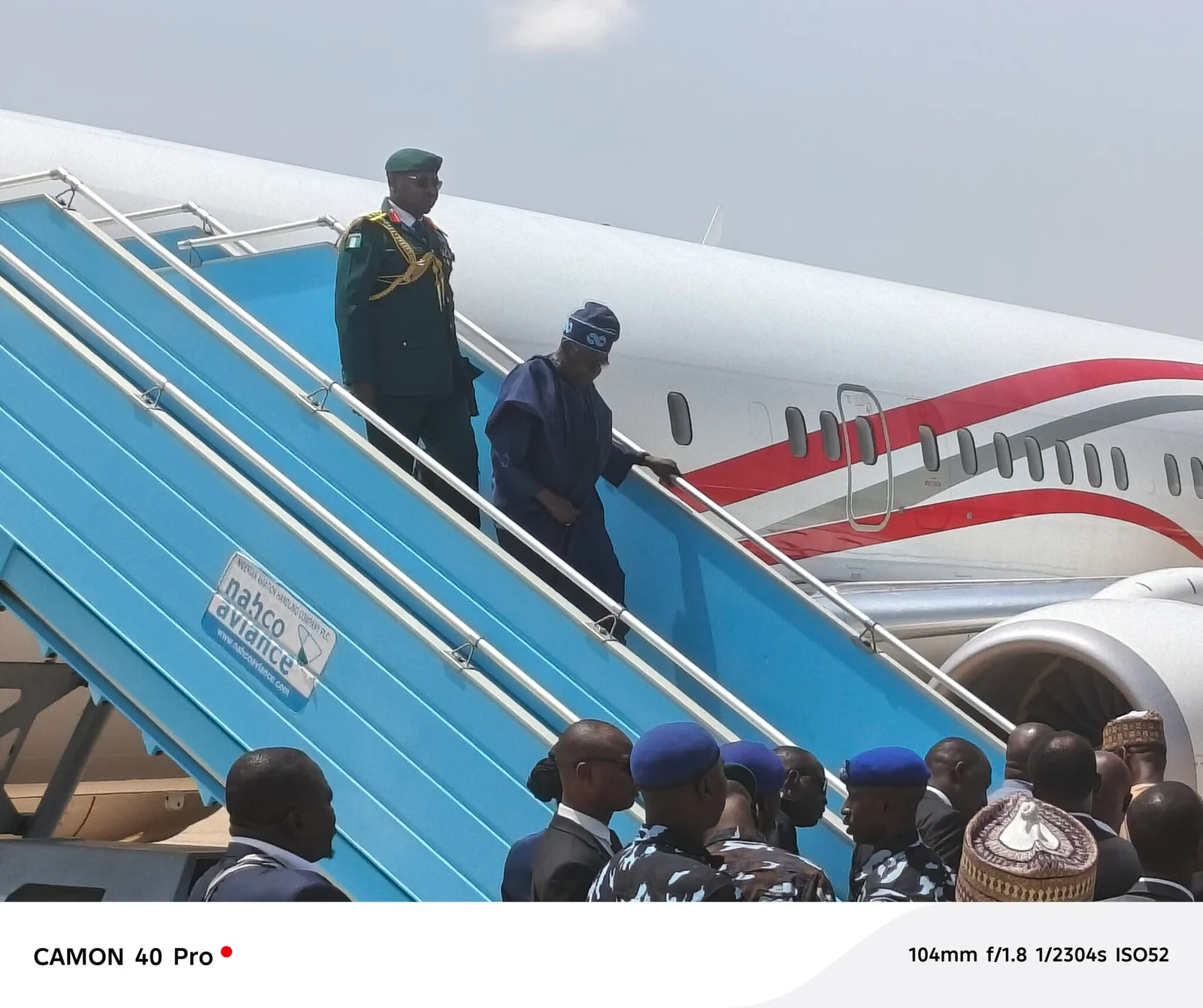
President Bola Tinubu, on Tuesday arrived in Katsina to receive the remains of the former President Muhammadu Buhari, who passed away in London on Sunday at the age of 82.
-

 Headlines4 years ago
Headlines4 years agoFacebook, Instagram Temporarily Allow Posts on Ukraine War Calling for Violence Against Invading Russians or Putin’s Death
-

 Headlines4 years ago
Headlines4 years agoNigeria, Other West African Countries Facing Worst Food Crisis in 10 Years, Aid Groups Say
-

 Foreign3 years ago
Foreign3 years agoNew York Consulate installs machines for 10-year passport
-

 News1 year ago
News1 year agoZero Trust Architecture in a Remote World: Securing the New Normal
-

 Entertainment3 years ago
Entertainment3 years agoPhyna emerges winner of Big Brother Naija Season 7
-

 Headlines1 year ago
Headlines1 year agoNigeria Customs modernisation project to check extortion of traders
-

 Economy2 years ago
Economy2 years agoWe generated N30.2 bn revenue in three months – Kano NCS Comptroller
-

 Entertainment2 years ago
Entertainment2 years agoMovie download platform, Netnaija, announces closure


